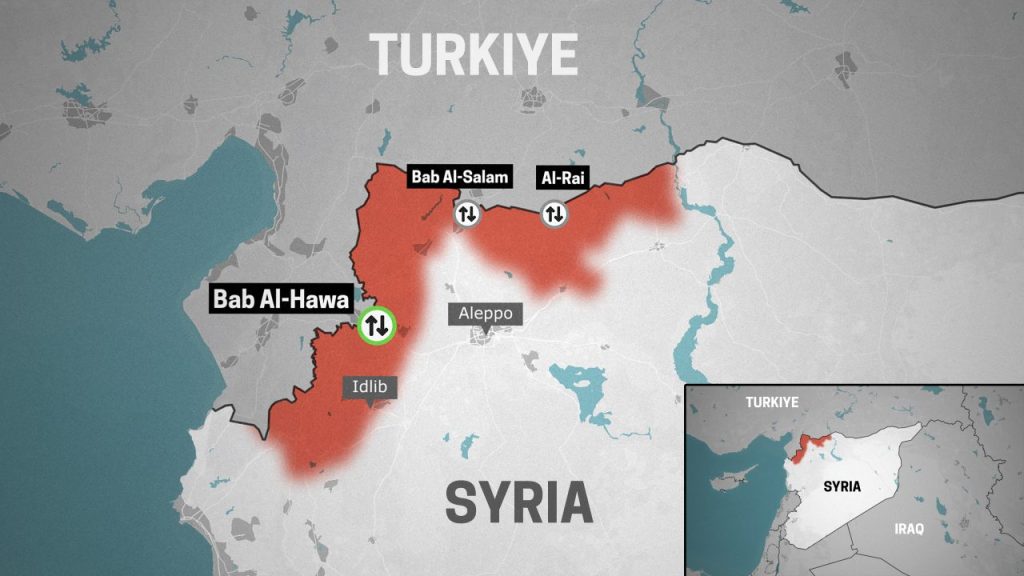Amman, 5 July, 2023 – Médecins Sans Frontières/ Doctors Without Borders (MSF) calls on the United Nations Security Council (UNSC) to renew the cross-border resolution (UNSCR 2672) for the delivery of humanitarian aid into northwest Syria. Ensuring increased, expanded, and sustainable humanitarian access through all possible means and crossing points is crucial, to secure the uninterrupted provision of lifesaving aid for people in northwest Syria.

The devastating earthquake that struck northwest Syria on 6 February this year has exposed the already-dire humanitarian situation and shed light on the fragile and deficient nature of humanitarian access to the region. The earthquake was a critical turning point that brought attention to the gaps in the humanitarian response and efficiency, as it had failed to adequately address the scale and the scope of the needs.
Together with other organizations, MSF has repeatedly warned that the limited channels through which humanitarian aid can pass compromise the ability to respond to emergencies. This recent disaster provided undeniable evidence of the need to diversify aid channels and ensure their long-term viability. With proper access, many deaths following the earthquake could have been prevented.
A non-renewal would restrict MSF and other organizations’ capacity to provide lifesaving assistance to people in northwest Syria. Despite the current efforts towards contingency planning, the cross-border humanitarian channel coordinated and monitored by the UN remains the most reliable and cost-efficient option for MSF. To maintain this scale of medical activities, and respond to the enormous medical and humanitarian needs, the sustainability of our supply chain is crucial.
Furthermore, the current six-month validity of the cross-border mechanism hampers the emergency preparedness of international and national organizations and groups, and inhibits the implementation of longer-term and sustainable projects, as funding cycles are linked to this mechanism. MSF has witnessed first-hand the negative impact of funding shortfalls on vital medical facilities. To ensure emergency preparedness, the constant threat of non-renewal forces humanitarian organizations to stockpile supplies excessively, resulting in waste.
It is crucial for the Bab Al-Salama and Al-Rai crossing points, which are not covered by the UN Security Council resolution and were opened following the earthquake, to remain open for humanitarian convoys. However, the extension of these points’ opening should not be used to justify not renewing the UNSC Resolution, as Bab Al-Hawa remains the most reliable, cost-effective, and widely used crossing point.
The crossline, which is the mechanism used for delivering humanitarian aid from government-controlled areas into northwest Syria, can be complementary, but not a substitute for the cross-border mechanism. Discussions about humanitarian aid channels should focus on practical implementation, safety, efficiency, and timeliness.
MSF reiterates its call on the UN Security Council to renew the cross-border mechanism:











